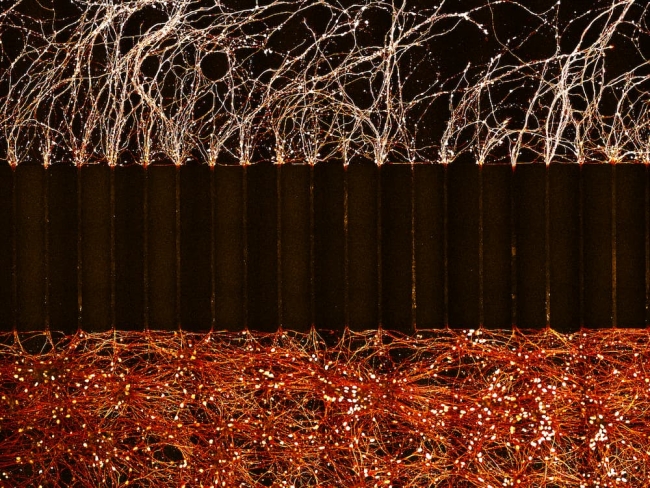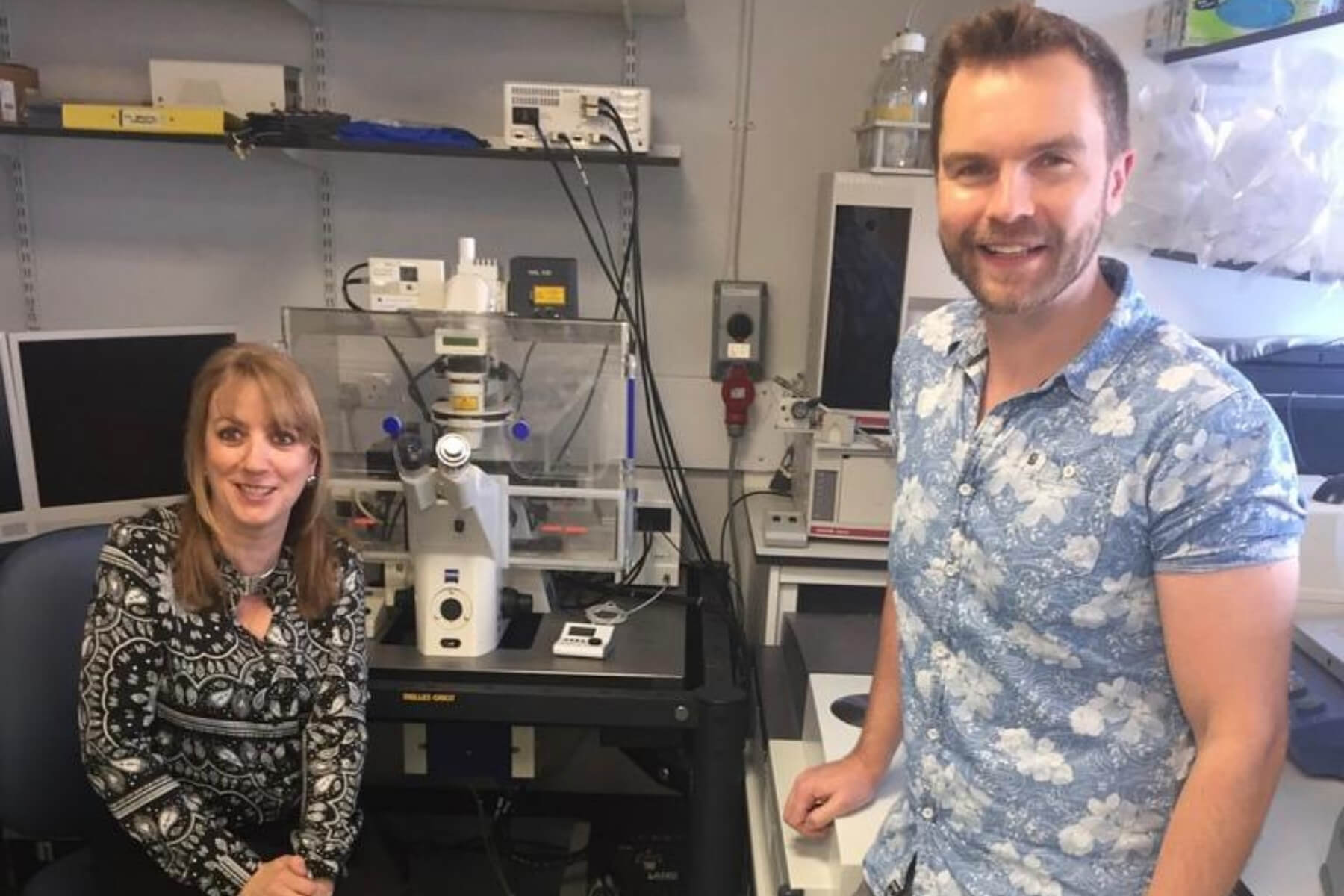"The tide is changing and there is every reason to feel optimistic about the future of MND research."
That was the view of leading MND expert, Dr Puja Mehta, during a presentation at the MND Association’s virtual 'Meet the Researchers' event, to mark Gifts in Wills week.
Dr Mehta, who is based at University College London, is developing a gene therapy to restore activity in two proteins – Stathmin-2 and UNC13a – which are both affected when TDP-43 moves from the nucleus of a cell and forms clumps. This occurs in around 97% of MND cases.
Speaking at the event on September 12, Dr Mehta likened her research to removing ‘bloopers’ from a film to ensure the story can be correctly understood.
Using stem cells, Dr Mehta has been able to recreate the damage which occurs in MND by TDP-43 and start to develop therapies which restore the functions of the two proteins.
Image: Growing human neurones
Credit: Puja Mehta
In the future, it is hoped her research could hold the key to the discovery of a new gene therapy which could correct the damage MND causes.
Dr Mehta said she had been inspired by people living with MND throughout her career as well as the strength of the community.
Gifts in Wills week
Gifts in Wills week is held every September, to highlight the difference that leaving a gift in your Will to the Association could make to our future work. This year's virtual 'Meet the Researchers' event featured talks from Dr Puja Mehta (University College London), Cindy Whitbread (Lead Research Nurse, MND Association), and Dr Brian Dickie (Director of Research Development, MND Association). To learn more about how leaving a gift in your Will could help fund the future of MND research, visit our website:


